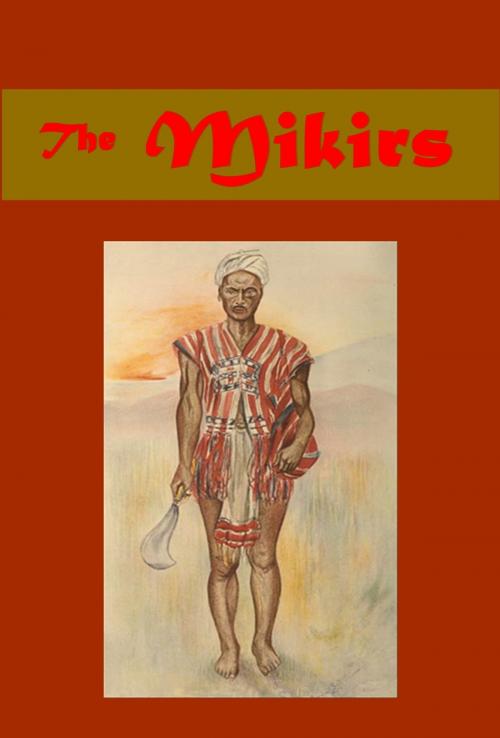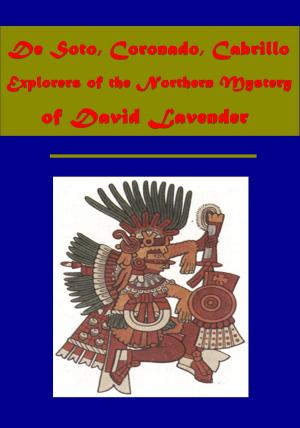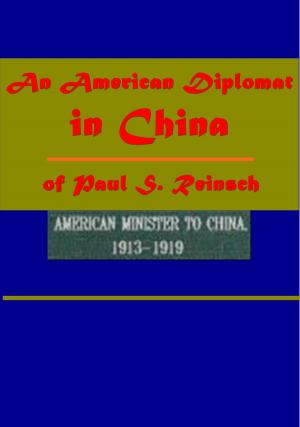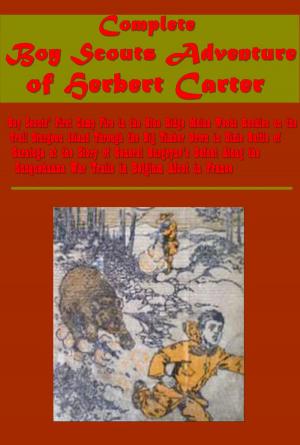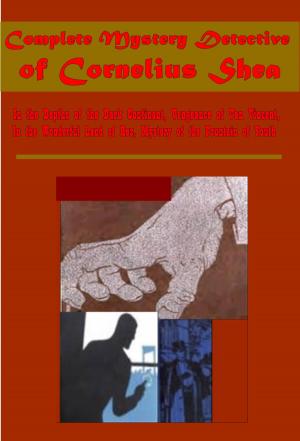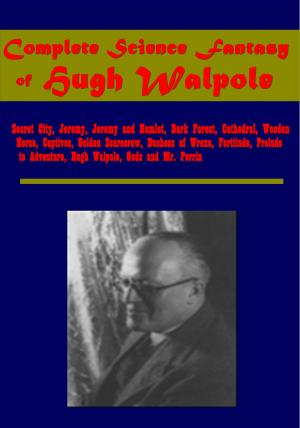The Mikirs (Illustrated)
Nonfiction, History, Reference, Study & Teaching, Historiography, Asian, India| Author: | Edward Stack | ISBN: | 1230000366915 |
| Publisher: | ANEB Publishing | Publication: | April 16, 2015 |
| Imprint: | Language: | English |
| Author: | Edward Stack |
| ISBN: | 1230000366915 |
| Publisher: | ANEB Publishing |
| Publication: | April 16, 2015 |
| Imprint: | |
| Language: | English |
In 1882 Edward Stack, appointed the first Director of the newly-created Department of Land Records and Agriculture in Assam, entered upon his duties in that province, and applied himself with ardour to the study of its people. He had passed just ten years in the Indian Civil Service, which he joined in 1872 at the head of his year. These ten years had been fruitful in varied interest and activity: the strenuous life of a District and Settlement officer in the North-Western Provinces; secretariat employment in his own province and the Government of India; and, just before his translation to Assam, six months spent in travel in Persia.1 Activity of mind and body, and keen interest in the people and speech of all the countries he lived in, were his strongest characteristics. During the cold season of 1882–83 he spent several months in moving up and down the Brahmaputra Valley, learning, observing, and noting. He acquired a working knowledge of Assamese with surprising rapidity; with this as his foundation and instrument, he attacked the multitude of tribal languages which he found impinging on the Aryan pale. To him more than to any one else, is due the honourable distinction of the Assam Province in the grammars, vocabularies, and phrase-books of nearly all the most important of its multitudinous varieties of Indo-Chinese speech, which have been drawn up by officers and others who have served there.
In 1882 Edward Stack, appointed the first Director of the newly-created Department of Land Records and Agriculture in Assam, entered upon his duties in that province, and applied himself with ardour to the study of its people. He had passed just ten years in the Indian Civil Service, which he joined in 1872 at the head of his year. These ten years had been fruitful in varied interest and activity: the strenuous life of a District and Settlement officer in the North-Western Provinces; secretariat employment in his own province and the Government of India; and, just before his translation to Assam, six months spent in travel in Persia.1 Activity of mind and body, and keen interest in the people and speech of all the countries he lived in, were his strongest characteristics. During the cold season of 1882–83 he spent several months in moving up and down the Brahmaputra Valley, learning, observing, and noting. He acquired a working knowledge of Assamese with surprising rapidity; with this as his foundation and instrument, he attacked the multitude of tribal languages which he found impinging on the Aryan pale. To him more than to any one else, is due the honourable distinction of the Assam Province in the grammars, vocabularies, and phrase-books of nearly all the most important of its multitudinous varieties of Indo-Chinese speech, which have been drawn up by officers and others who have served there.
